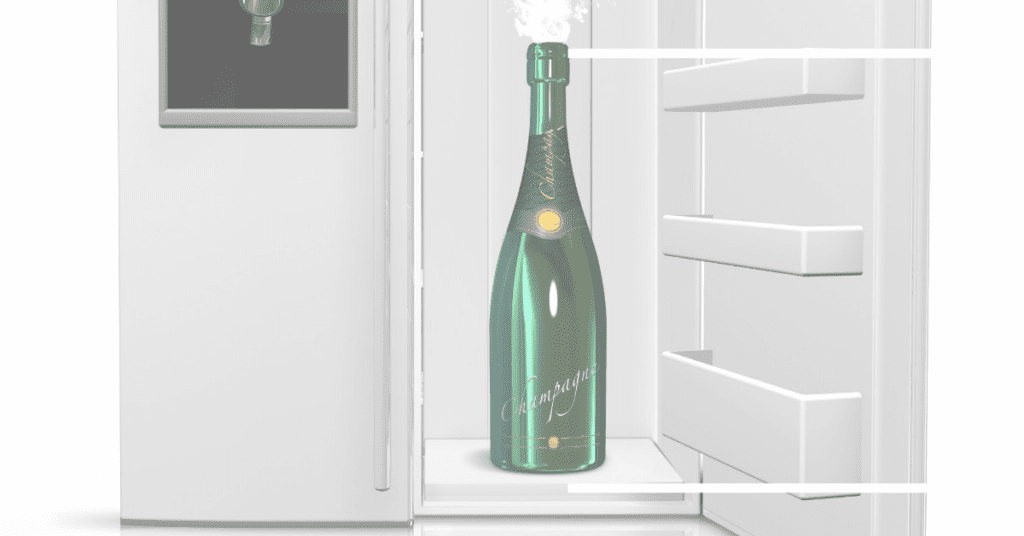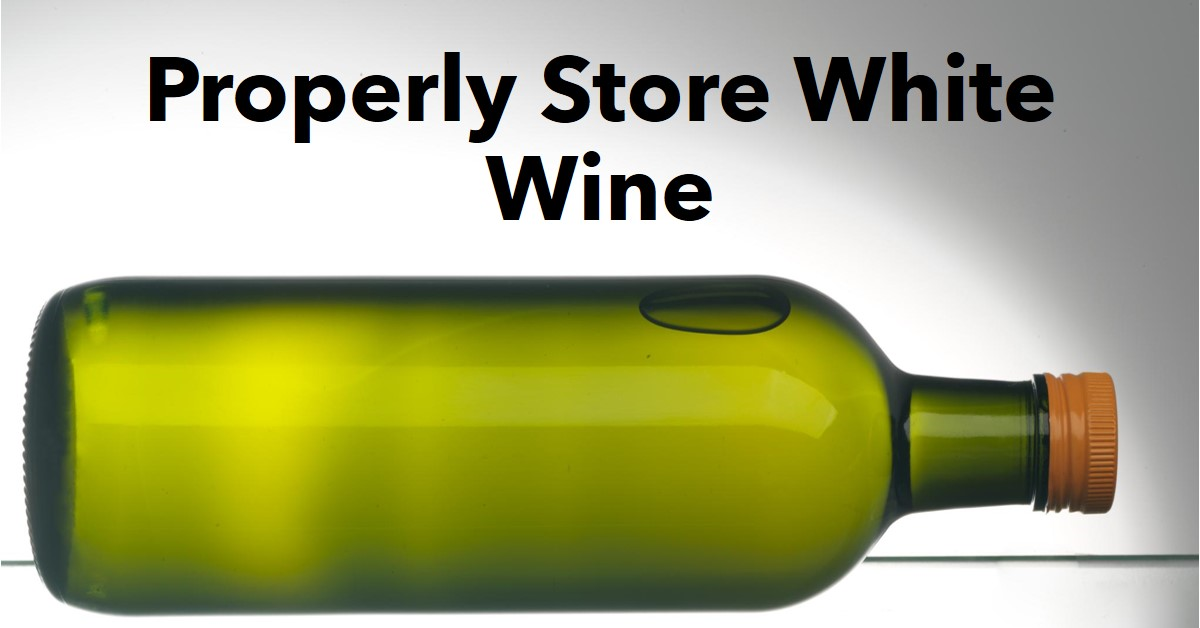Welcome to WineFridgeHub – your premier destination for all things wine fridge! In this guide, we’ll explore the question that every wine enthusiast has asked at some point: how long does white wine last in the fridge? Whether you’re a novice wine drinker or a seasoned connoisseur, it’s important to know how to properly store and preserve your white wine to ensure that it stays fresh and delicious for as long as possible.
Understanding the Shelf Life of White Wine

White wine, like all wines, has a limited shelf life. Its freshness and flavor are influenced by various factors such as the type of white wine, the quality of the wine, and the storage conditions. While white wine generally has a shorter shelf life compared to red wine, proper storage can help extend its lifespan.
Factors Affecting the Shelf Life of White Wine
Several key factors can affect the shelf life of white wine. Let’s take a closer look at each one:
- Type of White Wine: Different types of white wine have varying levels of acidity, sugar content, and alcohol. These factors can impact how long the wine will last in the fridge.
- Quality of the Wine: High-quality white wines tend to have a longer shelf life compared to lower-quality ones.
- Storage Conditions: The way you store your white wine plays a crucial role in its longevity. Factors such as temperature, humidity, and exposure to light can all affect how long the wine will stay fresh.
- Closure Type: The closure type, whether it’s a cork or a screw cap, can also impact the shelf life of white wine. Cork closures allow for slight oxygen exchange, which can contribute to the aging process and affect the wine’s freshness.
Shelf Life of Different Types of White Wine
The shelf life of white wine can vary depending on the type. Here’s a breakdown of how long different types of white wine typically last in the fridge:
| Type of White Wine | Shelf Life (Unopened) |
|---|---|
| Sauvignon Blanc | 1-2 years |
| Chardonnay | 3-5 years |
| Riesling | 3-5 years |
| Pinot Grigio | 1-2 years |
| Moscato | 1-2 years |
| Gewürztraminer | 2-3 years |
It’s important to note that these are general guidelines and individual bottles may vary. Additionally, once a bottle of white wine is opened, its shelf life significantly decreases.
Properly Storing White Wine in the Fridge

To maximize the shelf life of your white wine, it’s crucial to store it properly in the fridge. Follow these tips to ensure your white wine stays fresh and delicious:
1. Store at the Right Temperature
White wine should be stored at a consistent temperature between 45-55°F (7-13°C). Avoid storing it at temperatures below 45°F (7°C) as this can cause the wine to freeze, affecting its taste and quality.
2. Keep Away from Light
Exposure to light, especially UV rays, can degrade the quality of white wine. Store your bottles in a dark place or use a wine fridge with UV protection to shield them from direct sunlight.
3. Maintain Proper Humidity Levels
Humidity levels between 50-70% are ideal for white wine storage. Higher humidity levels prevent corks from drying out, while lower levels can cause them to shrink, allowing air to enter the bottle and spoil the wine.
4. Store Bottles Horizontally
Storing white wine bottles horizontally helps keep the cork moist and prevents it from drying out, ensuring a proper seal and preventing premature oxidation.
5. Minimize Temperature Fluctuations
Avoid exposing white wine bottles to significant temperature fluctuations. Rapid changes in temperature can cause the wine to expand and contract, potentially pushing the cork out or negatively affecting the wine’s flavor.
Signs of Spoiled White Wine
Even with proper storage, white wine can still spoil over time. Here are some signs that your white wine may have gone bad:
- Unpleasant Smell: If your white wine smells like vinegar, wet cardboard, or rotten eggs, it has likely spoiled and should not be consumed.
- Off-Taste: Spoiled white wine may have a bitter, sour, or overly acidic taste. If the taste is unpleasant or different from what you would expect, it’s best to discard the wine.
- Cloudiness or Sediment: Cloudiness or sediment in white wine can indicate spoilage. While some white wines may naturally have sediment, excessive cloudiness or sediment is a sign of potential spoilage.
If you notice any of these signs, it’s best to err on the side of caution and discard the wine to avoid any potential health risks.
Additional Tips for Enjoying White Wine
While knowing how long white wine lasts in the fridge is essential, there are other factors to consider to enhance your wine-drinking experience. Here are a few additional tips:
1. Serve at the Right Temperature
To fully appreciate the flavors and aromas of white wine, serve it at the right temperature. Generally, white wine is best enjoyed chilled, with serving temperatures varying depending on the type of white wine.
2. Use Proper Glassware
Choosing the right glassware can enhance the overall wine-drinking experience. Opt for a glass with a narrower bowl for white wine to concentrate the aromas and maintain the desired temperature.
3. Pair with Complementary Foods
Pairing white wine with the right foods can enhance both the flavors of the wine and the dish. Consider the characteristics of the white wine, such as acidity and sweetness, when selecting food pairings.
4. Experiment and Explore
Don’t be afraid to try different types of white wine from various regions. Exploring new wines can broaden your palate and introduce you to new flavors and styles.
In conclusion, the shelf life of white wine in the fridge can vary depending on several factors such as the type of wine, its quality, and storage conditions. By understanding these factors and following proper storage techniques, you can ensure that your white wine stays fresh and delicious for an extended period. Remember to pay attention to signs of spoilage and discard any wine that has gone bad.
